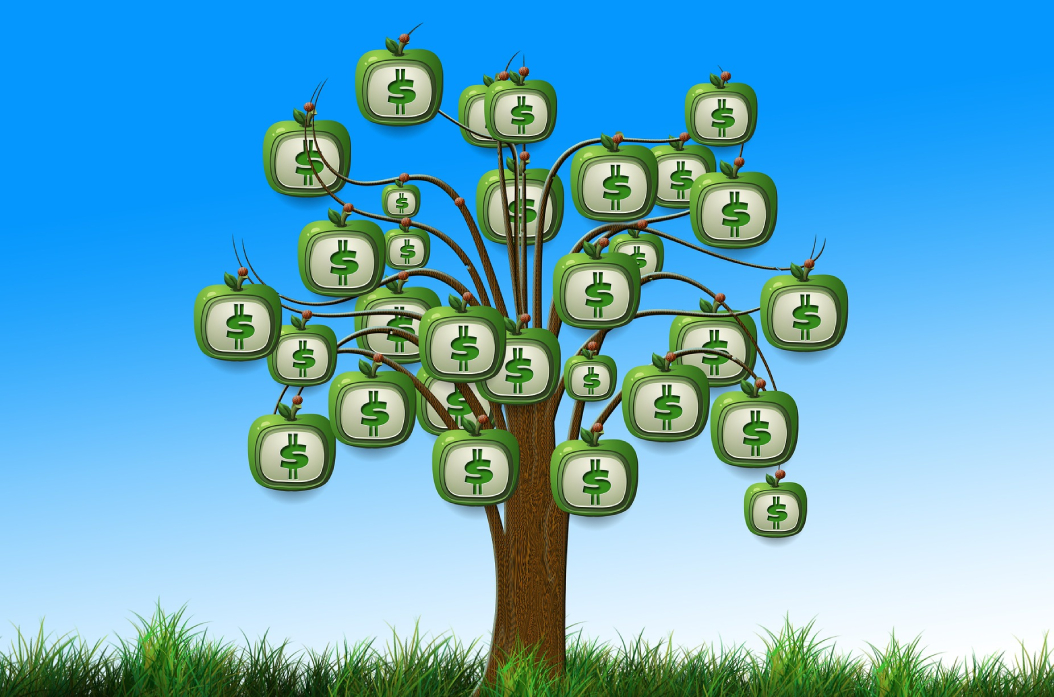Something I think about quite a bit that gives me frequent indigestion: ‘What is happening to small businesses across the United States?” The U.S. small business startup rate has been declining for decades. The Kauffman Foundation, referring to its own research and drawing on U.S. Registration (State) information, concluded that the number of small businesses less than a year old had declined (as a percentage of all organizations) by over 40 percent from 1978 to 2012. In other words, small businesses are not the majority they used to be across the U.S. This is something that the academic community is in denial about and there is also disagreement as to what this will ultimately mean to the U.S. economy when this trend continues. What is the tipping point where our business climate has completely shifted from a diversified, fragmented small business economy to a large entity monolithic business climate?
The effect of this will be seismic. “When small and medium-sized businesses are dying faster than they’re being born, so is free enterprise,” writes Jim Clifton, Chairman and CEO of Gallup. “And when free enterprise dies, America dies with it.” For ten years, the number of small businesses closing has exceeded the number of businesses starting. The number of business deaths exceeded births in 2008 for the first time in US history and has gotten worse in the ensuing years. Since 2010, the rate of small business closures has increased.
To contrast, in the 1980s, the number of new businesses exceeded those closing by more than 100,000 every year. Today, 100,000 more businesses die than are started each year. This somber fact goes a long way to explaining the current weak job market. I am afraid the adage “Two-thirds of all new jobs are created by small businesses” has gone the way of the dinosaur.
In 1997, for the first time in this country’s history, more Americans worked at companies with 250 or more employees. The gap has steadily grown since, aside from a notable blip in the early 2000s. The biggest single percentage increase was between 2007 and 2008, as the Great Recession took hold.
The U.S. has indeed become an unfriendly place for small businesses. Another way to look at this is simple: Large Government is more aligned with large business. After all it is much easier to govern an economy with thousands of large enterprises than it is to govern millions of small businesses. In a dynamic economy, there is ample opportunity to start and have success with a new venture. Try and find an entrepreneur today that will tell you it is easy and fun to start your own business. You may be looking for a while!

What’s behind this decline?
While you will hear that our population is aging, or another one I hear all the time is that our population growth is declining. Really, so this is your theory? No, the problem is much simpler to understand. The U.S. is not a friendly small business environment. The smallest business is often held to the same regulation as Exxon Mobil. Yes, that is right, Exxon Mobil! Payroll tax rates, Unemployment tax rates, Franchises tax rates. Many of the regulations are at the state or even local level, so you cannot just point your finger at the Federal Government, however the Feds set the tone and lead the pack. Other government entities follow and that is where we are today.
_____________________________________________________________________________
Mr. Cox is Managing Principal with Pendleton Capital Group, Inc. – a factoring and trade financing company headquartered in Houston, TX. PCG provides professional “best practices” Factoring and Trade Financing and other small business services. His office is in Houston, TX, and he can be reached for additional information or consultation at adam@pendletoncapitalgroup.com or 713-808-9746. The company’s website can be accessed at www.pendletoncapitalgroup.com





